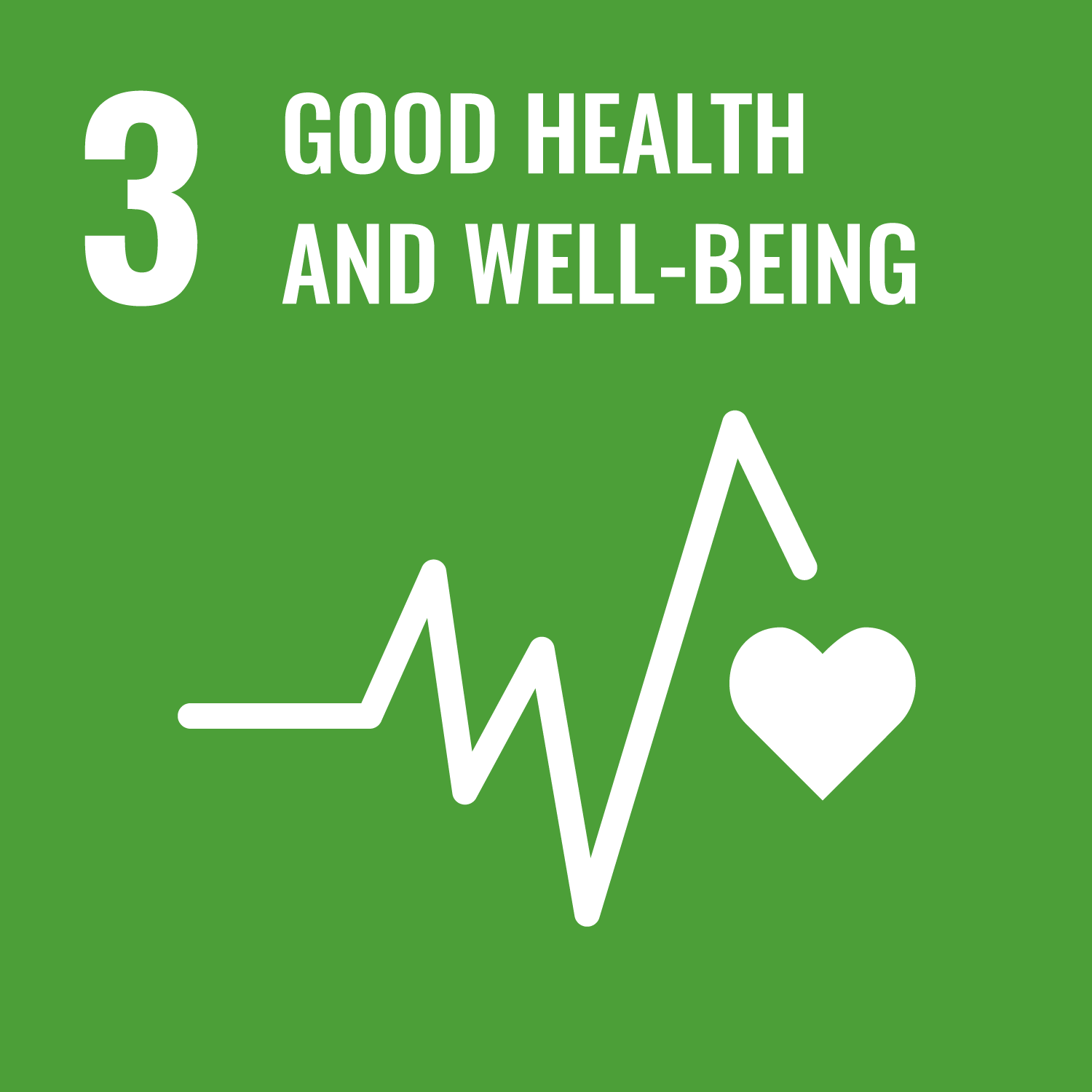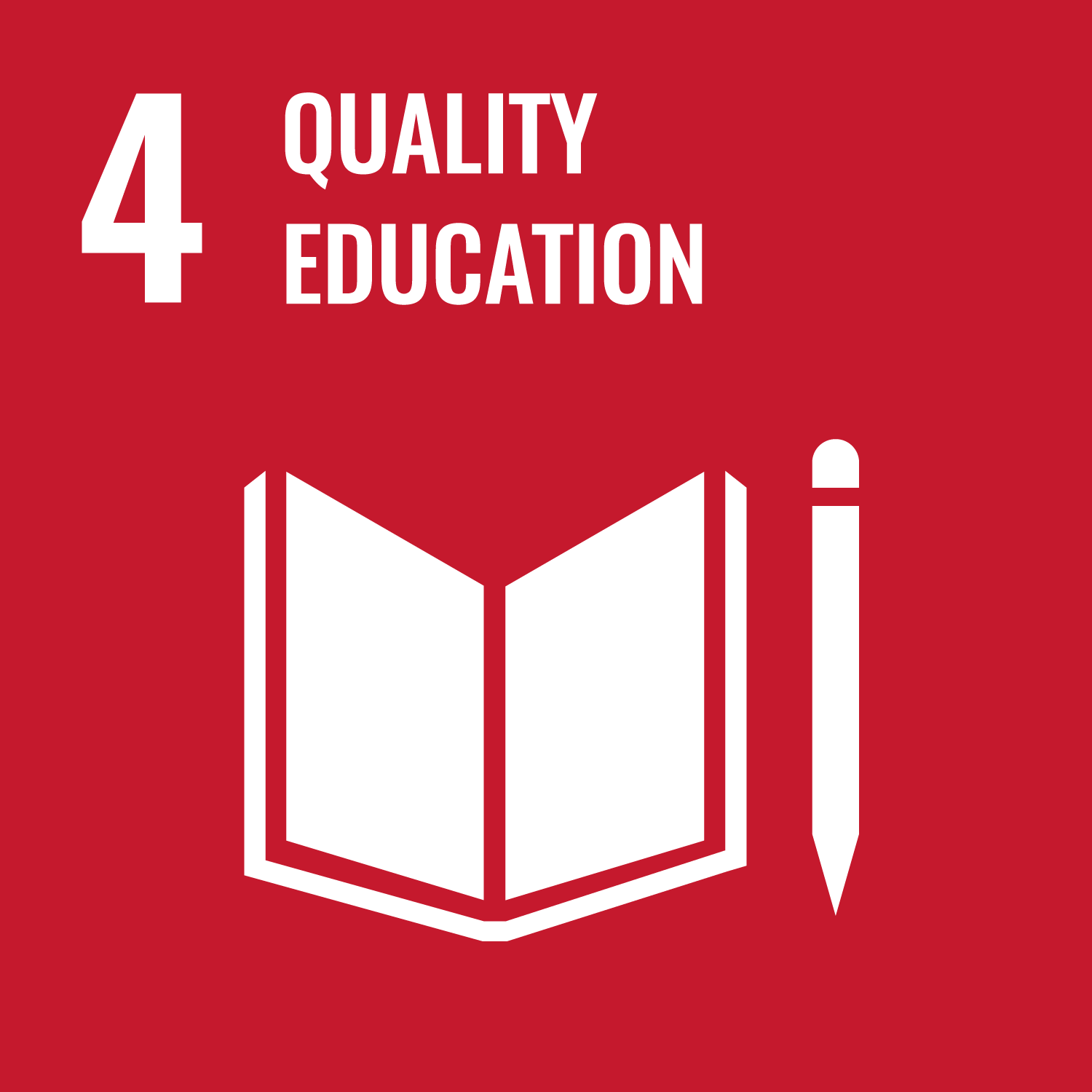Training experts in antigen processing to deliver new drug prototypes for cancer and autoimmune diseases
Current trends in immunotherapy are to develop immuno-modulatory small molecules for intracellular targets for single therapy or combination with existing treatments. CAPSTONE scientists have recently identified the key pathway of intracellular antigen processing for modulating the immune response. ERAP enzymes that generate antigenic peptides have thus emerged as promising targets for the cancer immunotherapy and autoimmune diseases treatments. Our innovative research approach based on ERAP, targets the upstream molecular events that cause these diseases.
We aim at fully understanding this pathway, deciphering the mechanisms of antigen processing dysfunctions in diseases, and developing innovative therapeutic drugs. This will provide unique opportunities for future treatment of unmet medical needs and innovative immunotherapies. CAPSTONE will thus be an excellent scientific environment to train the next generation of 15 Early Stage Researchers (ESRs) and establish an innovative cross-fertilisation between oncology and auto-immunity. Our fellows will be able to perform outstanding research at the forefront of transdisciplinary science within a high-calibre international network of academics, industries and patient associations.
CAPSTONE brings together an intersectorial and multidisciplinary group of researchers in medicinal chemistry, X-Ray crystallography, cellular biology, oncology, autoimmunity, bioanalysis, mass spectrometry imaging, formulation, systems biology, personalised medicine that will expose the ESRs to key R&D stages, from basic research to pre-clinical development. CAPSTONE will prepare the ESRs for exciting career perspectives in academia, the pharmaceutical industry, biotechnology SMEs, and provide them with scientific and transferable skills and high-value professional connections. Industrial secondments and public engagement will add to a broad skill set to ensure employability in the higher ranks of academia and industry.
This project contributes to the UN Sustainable Development Goals (SDGs) 3, 4 and 9.
Coordinator:University of Lille, FR
Partners:
- National Center for Scientific Research Demokritos, GR
- University of Southampton, UK
- University of Paris Descartes, FR
- Ospedale Pediatrico Bambino Gesù, IT
- National and Kapodistrian University of Athens, GR
- University Medical Center Utrecht, NL
- Aliri Bioanalysis, FR
- Novamechanics Ltd, CY
- accelopment Schweiz AG, CH





